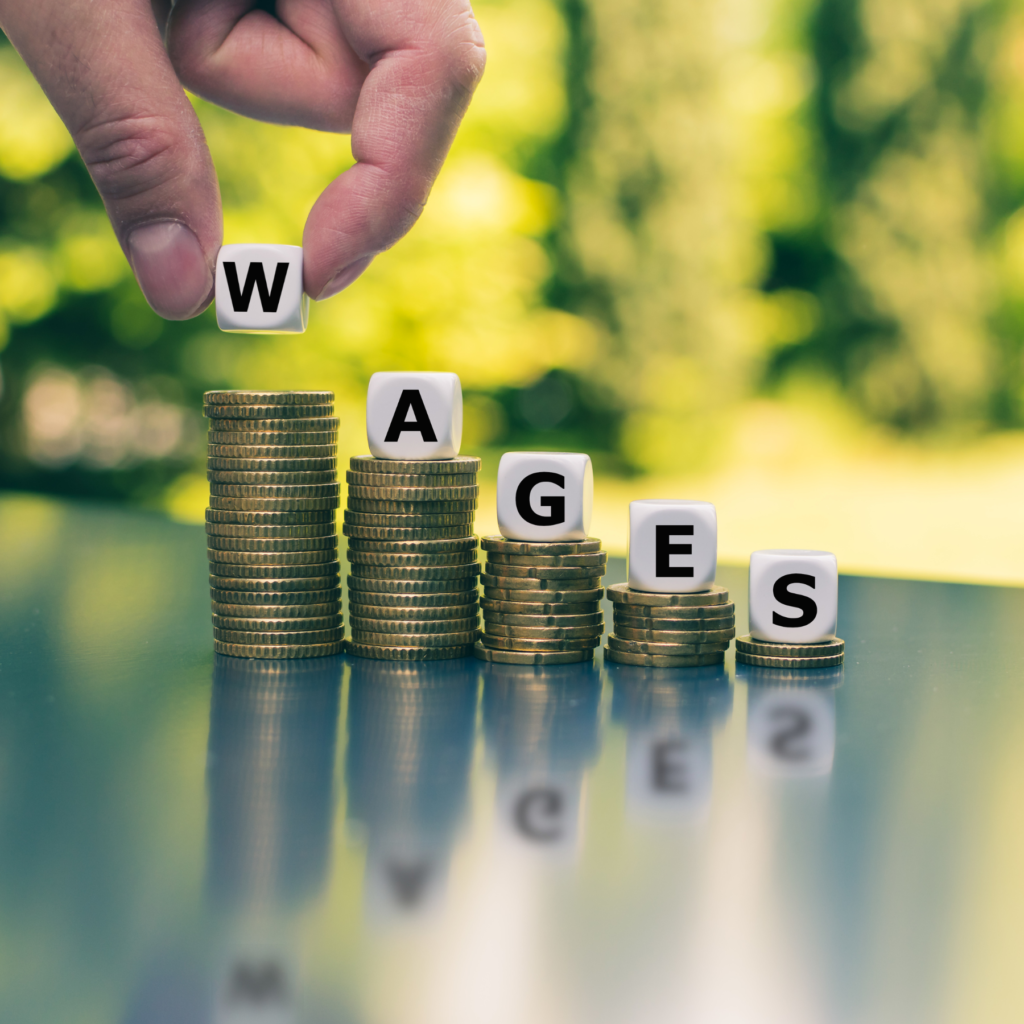
Ghana’s National Tripartite Committee, the body in charge of setting the country’s minimum wage and overseeing public sector pay negotiations, has begun its deliberations for 2025.
The committee, which balances the interests of government, employers, and organized labour, will meet under the leadership of Rashid Pelpuo, the newly approved Labour Minister, who awaits only his swearing-in to assume the role.
The committee’s 15 members—five each from the government, employers’ organizations, and organized labour—will face a challenging task.
The Trades Union Congress (TUC), a key representative of labour, is expected to push for significant wage increases, while employers and the government grapple with economic constraints.
The Current Wage Landscape
As of February 2025, Ghana’s national daily minimum wage stands at 18.15 cedis, or approximately 363 cedis per month, based on a 20-working-day calculation.
This figure was set in 2024 after the committee agreed to a 22% increase, a move driven by soaring inflation that peaked at 54% in December 2023—the highest rate in over two decades.
While the 2024 hike was substantial, it followed years of modest adjustments: 6% in 2021, 8% in 2022, and 9% in 2023. The sharp rise last year underscored the urgency of addressing the cost-of-living crisis, which has placed immense pressure on low-income workers.
Public Sector Pay: A Growing Burden
Beyond the minimum wage, the committee’s decisions will have significant implications for public sector salaries. The Ministry of Finance has projected that total compensation for public sector employees will exceed 73 billion cedis in 2025, a figure that has drawn concern from the World Bank.
The bank has repeatedly flagged Ghana’s public sector wage bill as unsustainable, warning that it strains the country’s fiscal resources.
Despite these concerns, public sector workers are likely to demand higher base pay, arguing that their salaries have not kept pace with inflation.
The negotiations will be a delicate balancing act, as the government seeks to rein in spending while addressing the legitimate grievances of its workforce.
What Lies Ahead
The 2025 negotiations come at a pivotal moment for Ghana’s economy. Inflation, though lower than its 2023 peak, remains a concern, particularly food inflation, and economic growth has been uneven.
The Tripartite Committee’s decisions will not only shape the livelihoods of millions of workers but also influence the country’s fiscal health and social stability.
As the committee deliberates, all eyes will be on whether it opts for another significant wage increase or prioritizes fiscal restraint.
Either way, its choices will have far-reaching consequences for Ghana’s economic trajectory in the year ahead.
DISCLAIMER: The Views, Comments, Opinions, Contributions and Statements made by Readers and Contributors on this platform do not necessarily represent the views or policy of Multimedia Group Limited.

